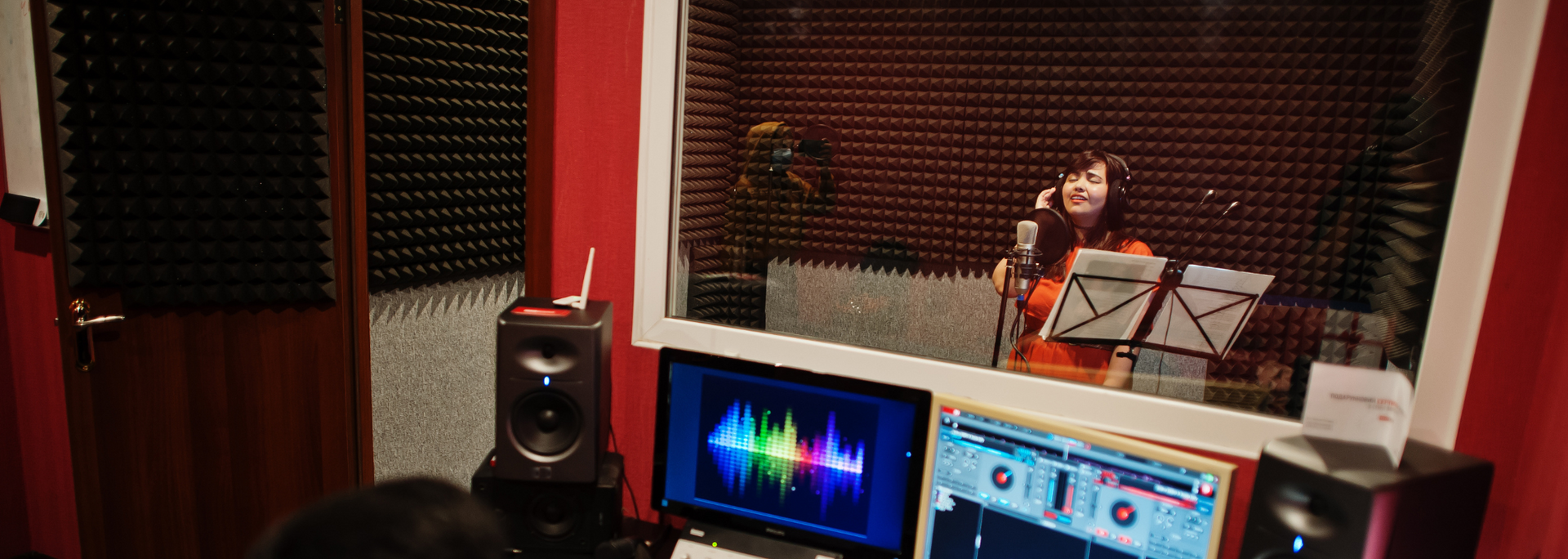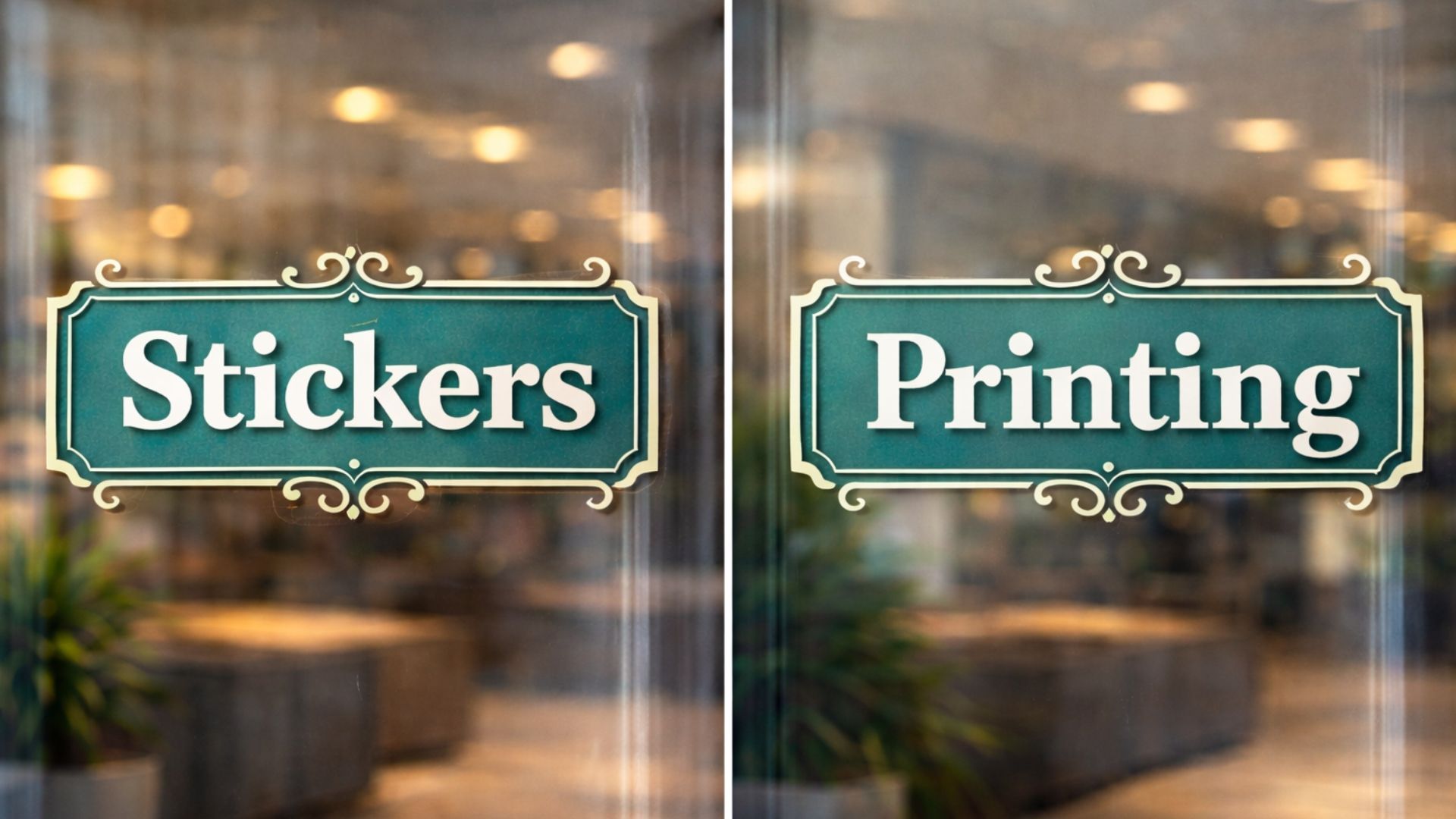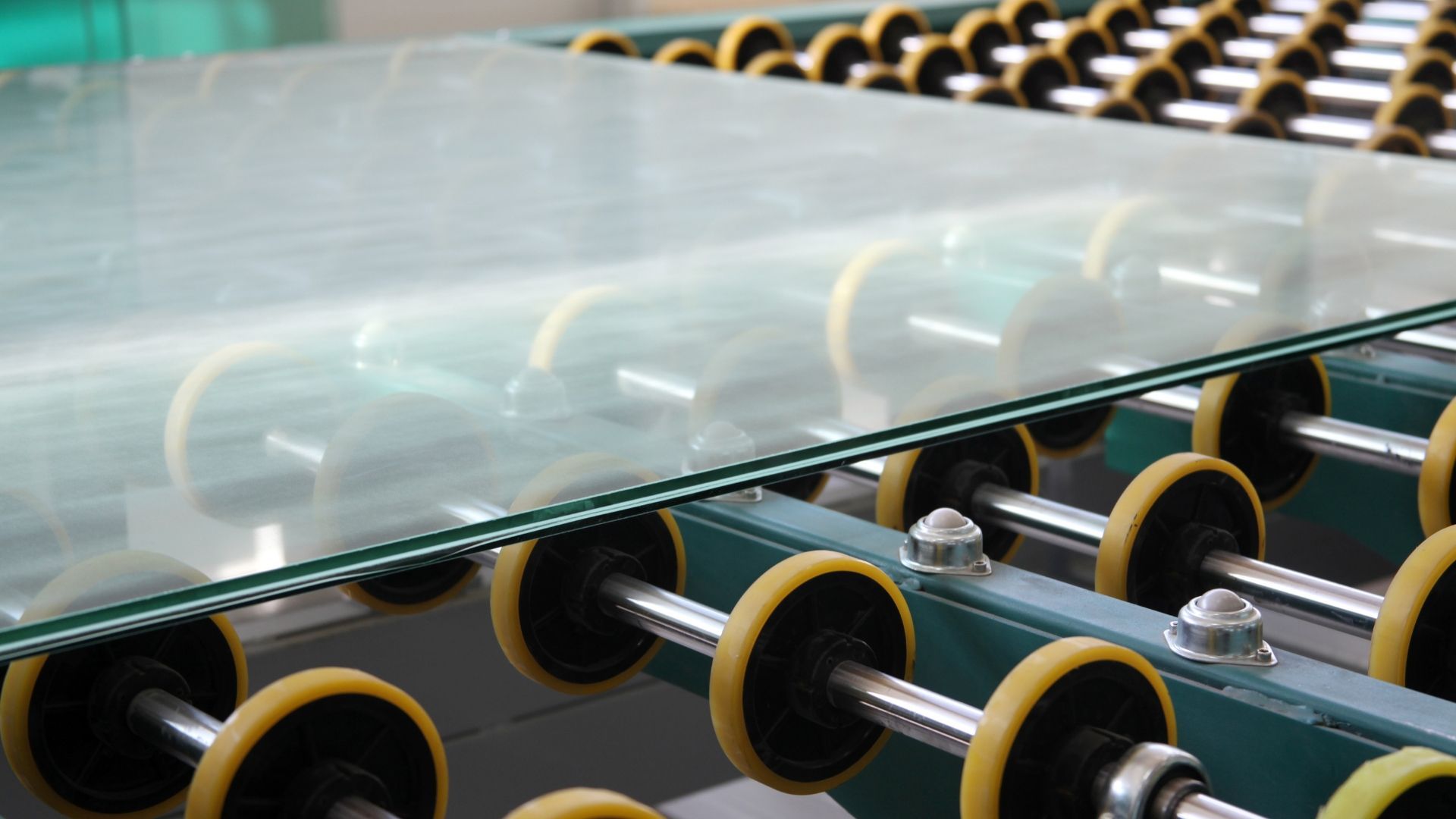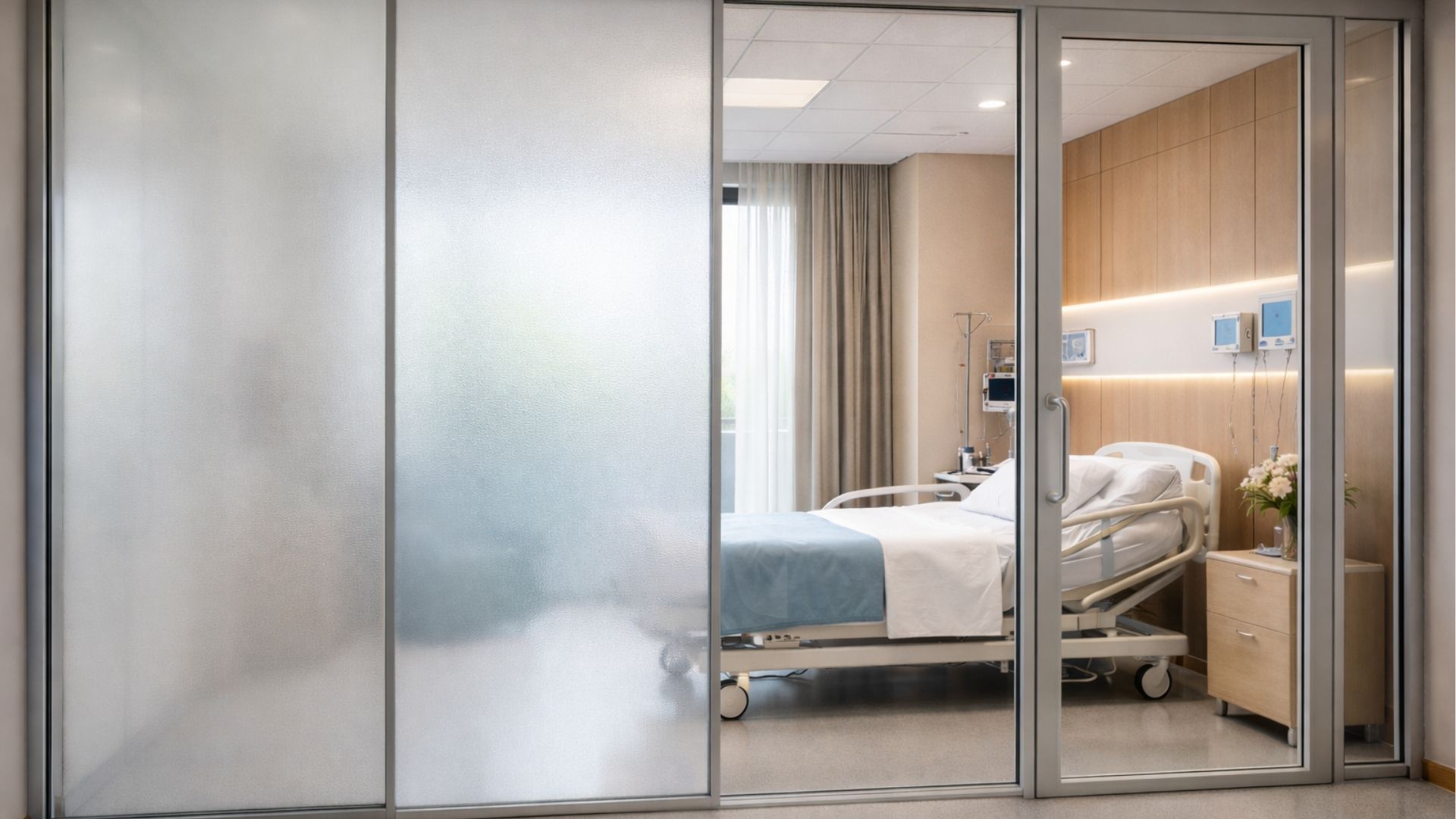What glass thickness is best for soundproofing?
Share this blog:
In soundproofing, glass thickness is all-important. Get to grips with the complex world of acoustic glass.

As we go through life, we're constantly controlling the noise around us. Trying to focus on a work call while the kids play in the next room? Shut the door. Don't want to hear someone's existential crisis on the bus? Pop those headphones in.
Soundproofing is an extension of this everyday activity. It helps minimise the noise coming in – and out – of domestic and commercial premises. Whether you're in an office next to a busy road or in a home under a flight path, soundproofing can protect your sanity as well as your eardrums.
There are many sides to soundproofing. Furnishings, carpets and insulation all play their part. Here at ToughGlaze, we specialise in acoustic glass – a dedicated glass product designed to dampen those unwanted decibels.
The thing is that not any old glass will do. Yes, double and triple glazing will keep out sound. But for maximum effect, you need thick, long-lasting
acoustic glass – and it needs to be installed in a suitable framing system.
But before we sing the praises of acoustic glass in general – and our TG AG product in particular – let's get our facts straight. How and why does glazing help reduce the sound coming in?
How glazing can help
All windows reduce noise to a degree. But the thicker the glass, the better. This is a key priority when replacing a window or getting secondary glazing installed.
Domestic windows usually have a thickness of between 4mm and 6mm. For extra thickness, you can use laminated glass.
This is a type of safety glass made out of two panes of glass with a plastic interlayer. These layers combine to block out plenty of unwanted sound.
Specialised acoustic glass is laminated with extra-thick panes. This gives you the safety benefits of laminated glass alongside a significant reduction in noise pollution.
Before we look closer at the science of glass thickness, a word on terminology. You'll sometimes come across glass products marketed as "soundproof". This is a misnomer. No glass will block out all noise. More accurate product labels are "noise-reducing" or "acoustic".

Why is the thickness of glass so important?
Imagine you're soundproofing your music room with blankets. The thicker the better, right? The same goes for glass.
The air gap between the panes is a factor, too. The larger the gap, the better the noise insulation – even better if the gap is filled with an inert gas like krypton.
So far, so simple. But did you know that different thicknesses of glass reduce noise at different frequencies? This means a double-glazed unit or laminated unit with glass panes of different thicknesses – one of 4mm, one of 6mm, say – will reduce noise at more frequencies than two panes of the same size.
Thicker glass dampens more sounds. But every pane of glass also has a critical frequency. This is the frequency or range of frequencies that causes it to vibrate. The thicker the glass, the lower the frequency.
This reveals something rather surprising about glass. The thicker the glass, the greater the sound reduction. But thicker glass may actually transmit more sound at its critical frequency.
Look at it this way: if you put together two panes of the same thickness, they would vibrate at the same frequency. This would reduce the unit's overall performance. In what might seem to be a paradox, a 6-12-4mm glass unit will absorb more frequencies than a 6-12-6mm glass unit, even though the former is lighter and thinner overall.
This is why it's important to get acoustic glass with panes of different thicknesses – if, that is, you want the best noise-reducing glass there is.
Why get acoustic laminated glass?
There's one compelling reason why you should get acoustic laminated glass: it does the job better than other kinds of glass.
This is because it uses panes of differing thicknesses that, combined, can be anywhere between 9.5mm to 60mm thick. Compare that to the residential standard of 4mm to 6mm and you can see how acoustic laminated glass comes into its own.










